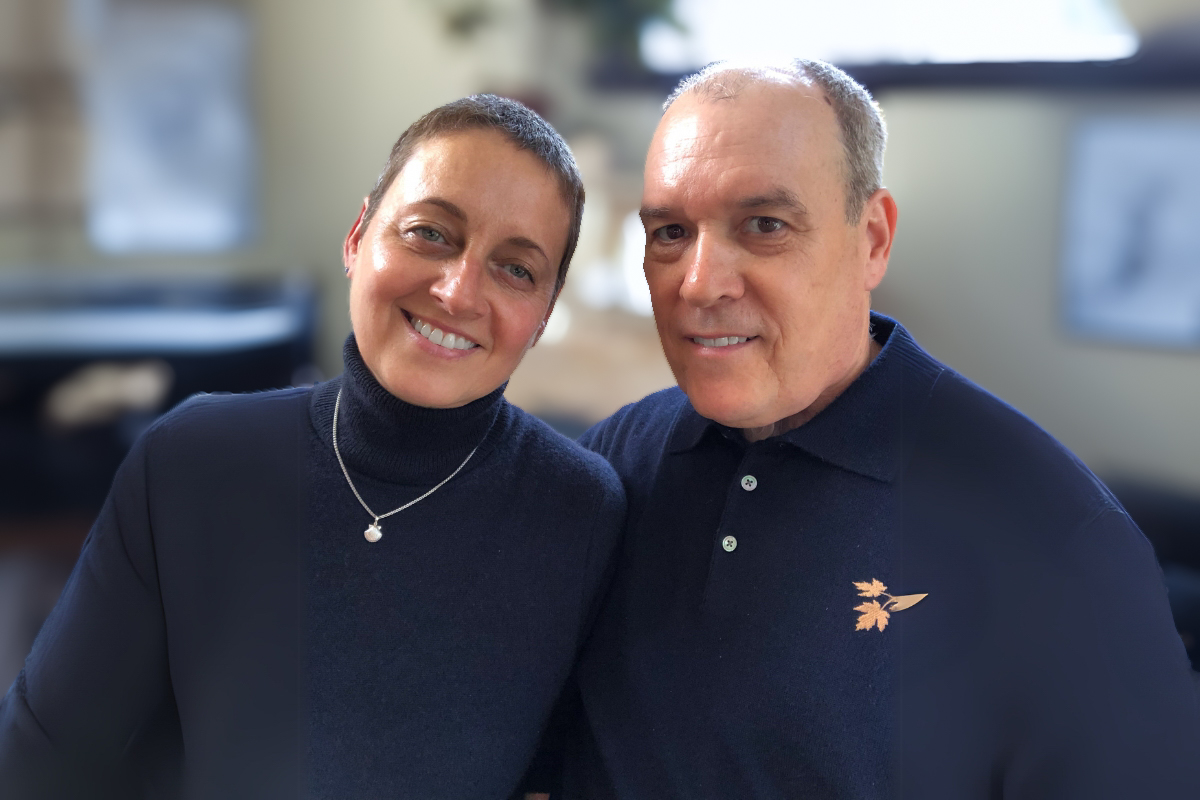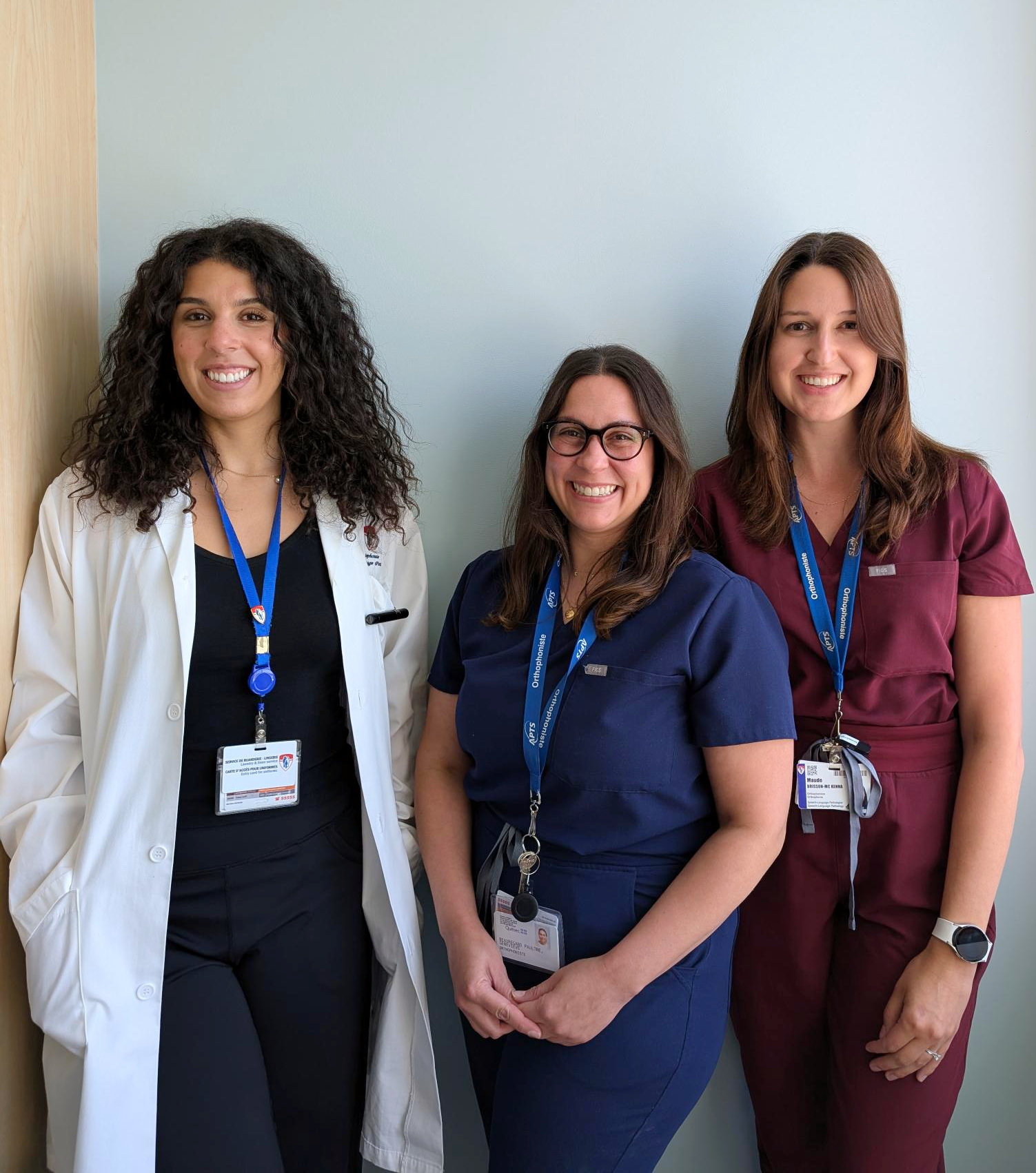Life After Laryngectomy: The Role of Speech Language Pathologists
A total laryngectomy—the surgical removal of the larynx or voice box—is typically performed to treat advanced laryngeal cancer. The procedure results in the loss of vocal cords and brings major changes to breathing and swallowing. This is where Speech Language Pathologists (SLPs) step in.
SLPs are specialists in voice rehabilitation. They manage the voice prosthesis, a device inserted through a small opening in the trachea (windpipe) that channels air into the esophagus. The resulting vibrations produce a new voice.
“Thirteen years ago, there were mainly two types of voice prostheses used at the Royal Victoria Hospital,” says Geneviève Beauregard-Paultre, SLP. “Today, there are 15 to 20 models, so patients can find the one that’s right for them.”
SLPs provide both practical and emotional support. They are experts in pulmonary rehabilitation, communication strategies, and managing swallowing difficulties. Maude Brisson-McKenna joined the team four years ago after completing her final internship at the MUHC. “I love this work because of the long-term relationships I build with patients and their families,” she shares.
One of those relationships is with Claude Mongeau, who underwent a laryngectomy 10 years ago. He resumed his life after surgery and has returned to the hospital to reassure new patients facing the same surgery.
“I helped counsel a lawyer and a university professor who were both anticipating a laryngectomy,” Claude recalls. “Speech Language Pathologists are important people. They teach us how to speak again after surgery. They encourage us and support us for years. They’re exceptional people.”

He recalls a small but meaningful gesture during his early recovery. “An SLP gave me a little blackboard and chalk so I could write messages to nurses. That meant so much to me, I bought 30 blackboards for the department to help other patients.”
Claude credits the SLP team not only with helping him regain his voice, but with empowering him to fully reengage in life. “I went on with my life, including my position as a corporate director.”
Up to 10 adults undergo a laryngectomy at the MUHC each year. Once an SLP begins working with a patient, they are committed to supporting that patient throughout their life.
“Absolutely, there is life after laryngectomy,” asserts Geneviève.
“And not just life,” Maude adds, “but a good quality of life—with a whole multidisciplinary team seeing you through.”
